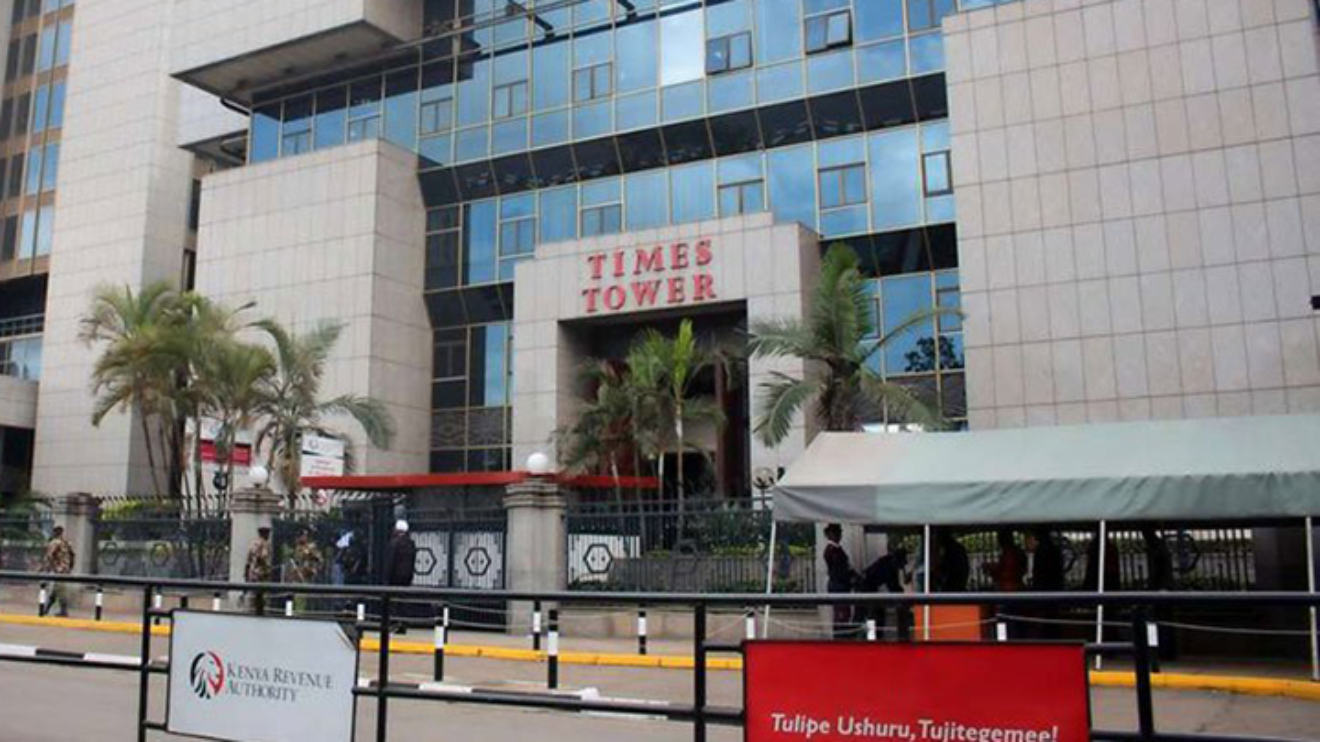In a significant move aimed at revitalizing local economies and creating employment opportunities, President William Ruto has announced the decision to lift the six-year-long ban on logging in Kenya.
The announcement was made on Sunday during a speech at St Mary's Catholic Church in Molo, Nakuru County, where the President was attending a church service for Thanksgiving.
The President highlighted that the decision to lift the moratorium on logging was driven by the urgent need to stimulate the economies of regions heavily reliant on forest products.
He asserted that the Kenya Kwanza administration had devised meticulous plans to ensure responsible logging practices, with a focus on harvesting only mature trees while
President Ruto expressed the government's commitment to supporting local industries by imposing a tax on all imported timber products, thereby encouraging the use of locally-made alternatives.
Read More
This measure seeks to not only promote sustainability but also to bolster domestic enterprises and generate employment opportunities.
"This is why we have decided to open up the forest and harvest timber so that we can create jobs for our youth and open up business while we continue with our plan to plant 15 billion trees in 10 years," stated President Ruto during his address.
The logging industry has historically been a vital source of employment in Kenya, particularly for uneducated youth in urban areas.
Towns in the South Rift region, such as Elburgon, Molo, and Total areas in Nakuru, along with Maji Mazuri in Eldama Gorge, have heavily depended on the timber industry. Young individuals in these regions have been involved in various roles, including loaders, tree cutters, transporters, millers, and other manual labour.
However, the sector experienced a significant setback in February 2018 when the government imposed a moratorium on logging following public outcry over rampant illegal logging.
The illegal activities were blamed for the decline in water levels in the country's main rivers, prompting the ban.
The impact of the logging ban has been acutely felt over the past six years, especially in towns that were once buoyant due to their vibrant timber trade.











